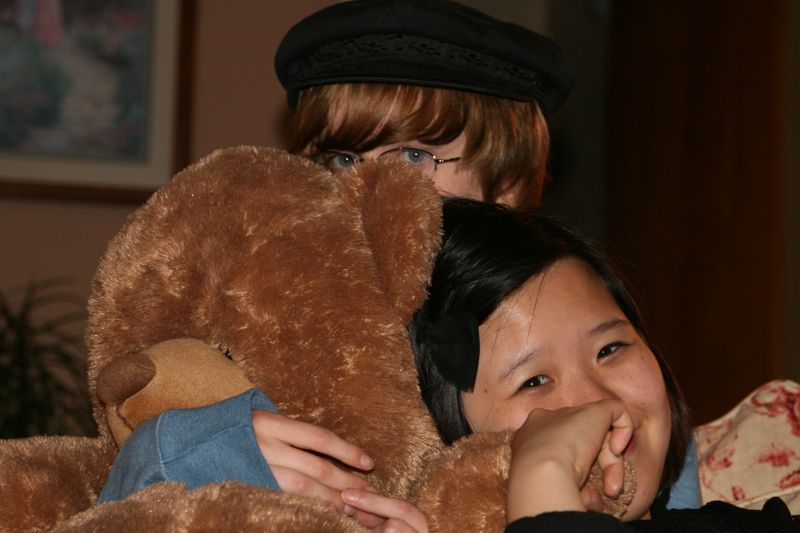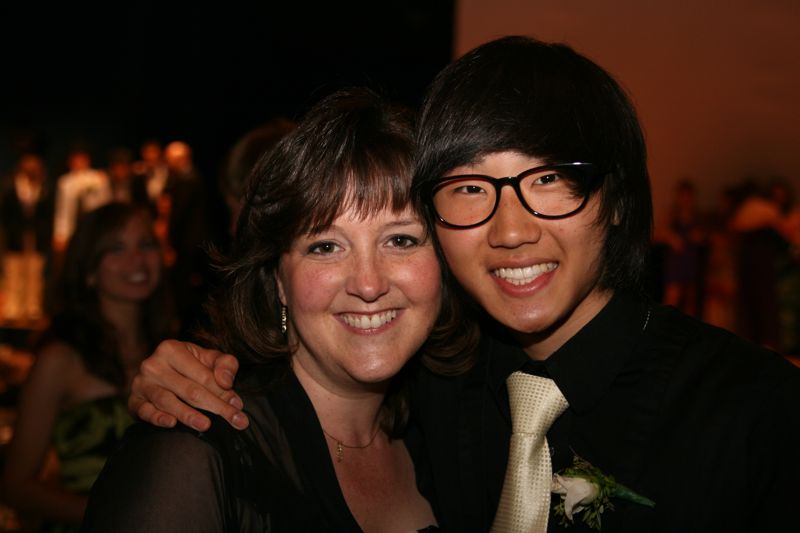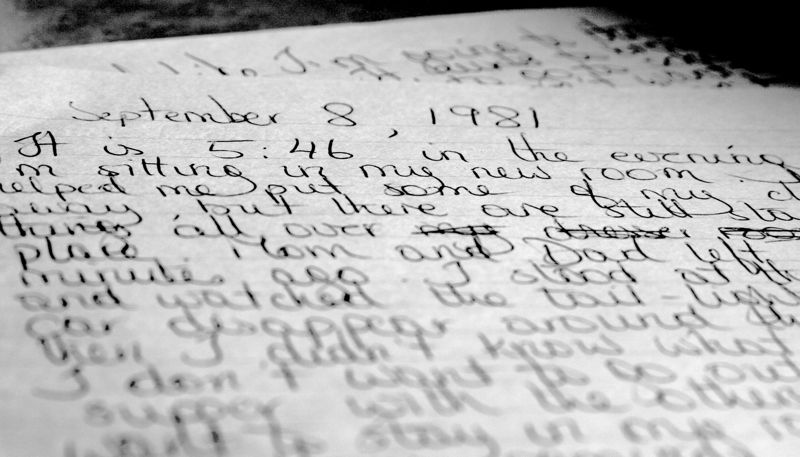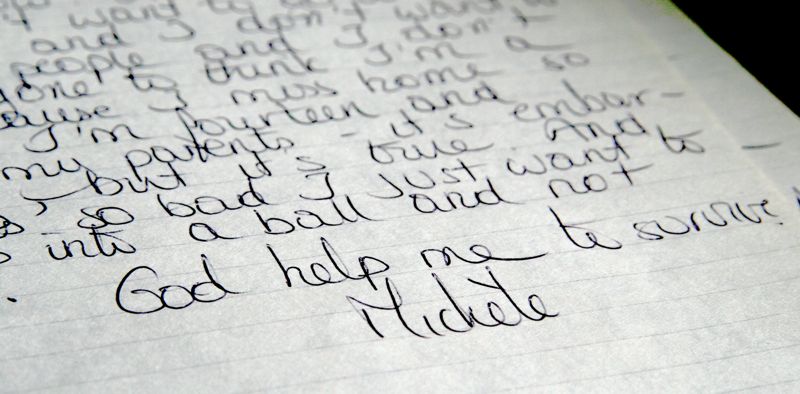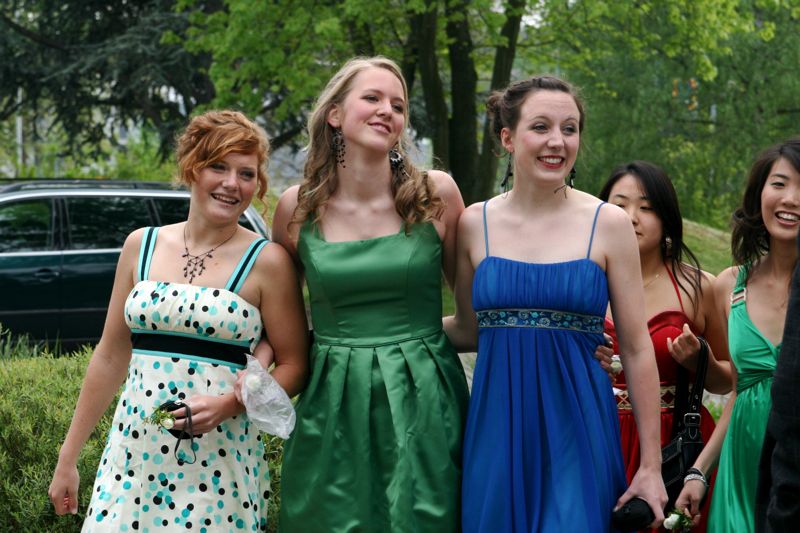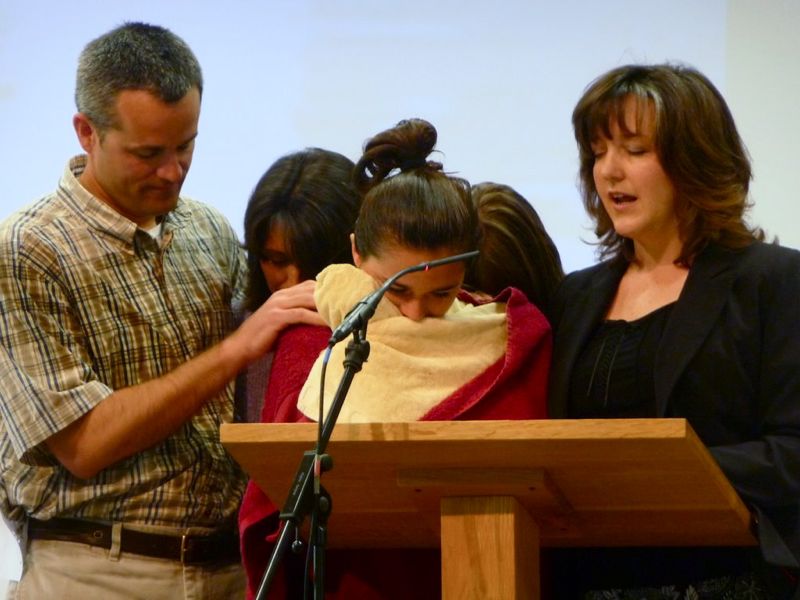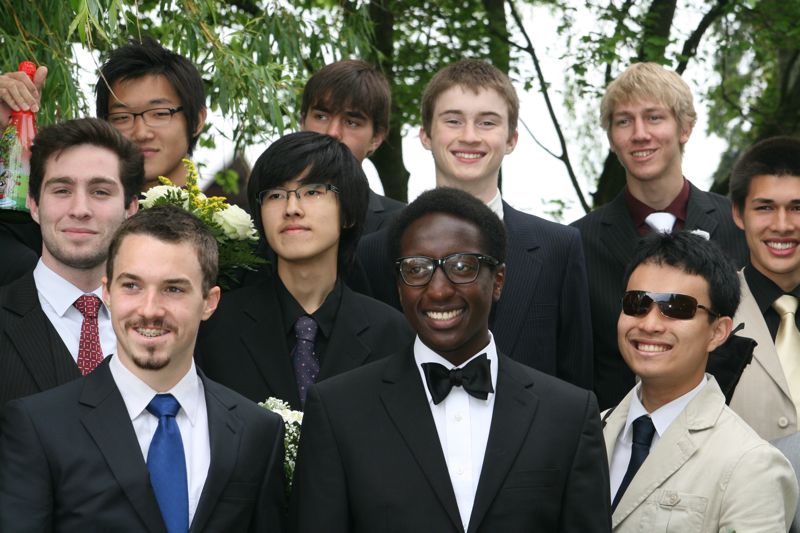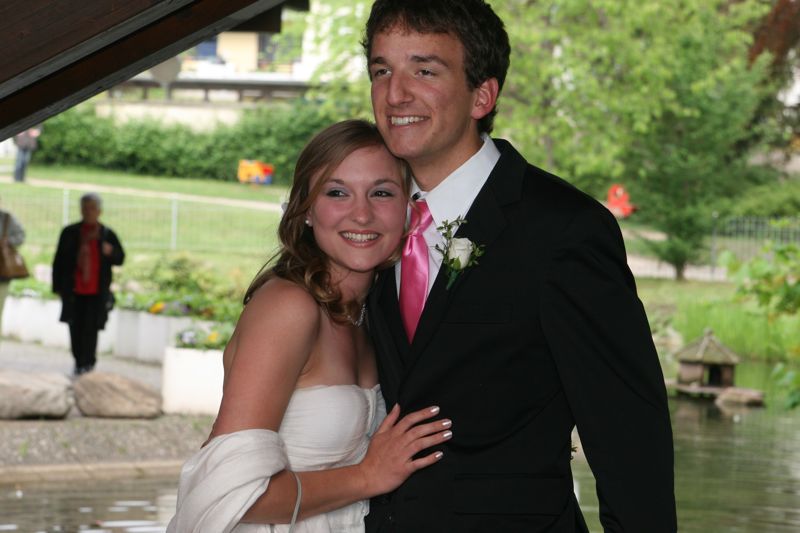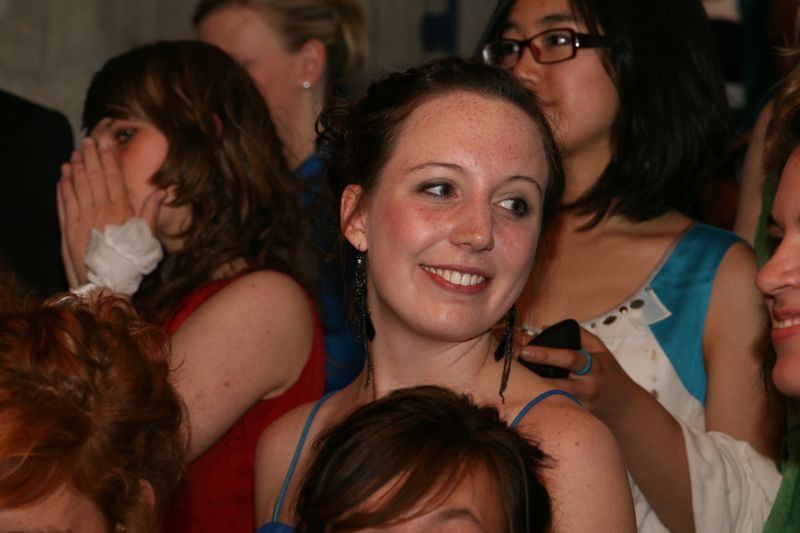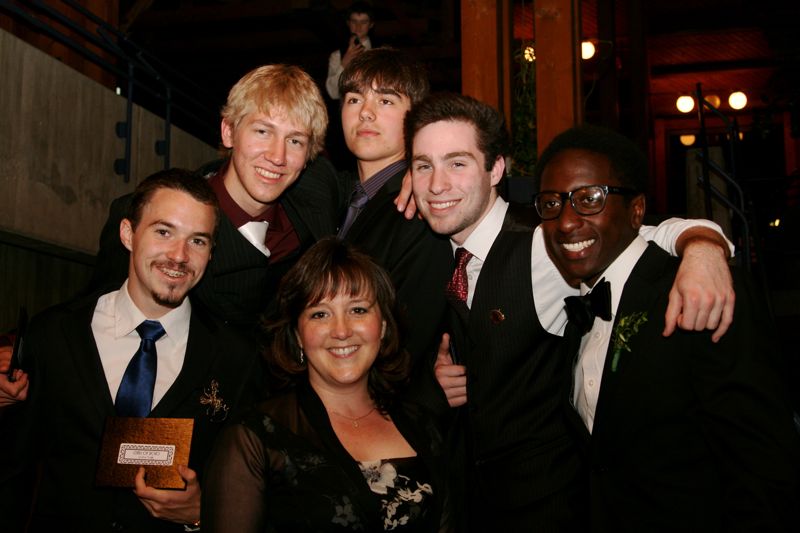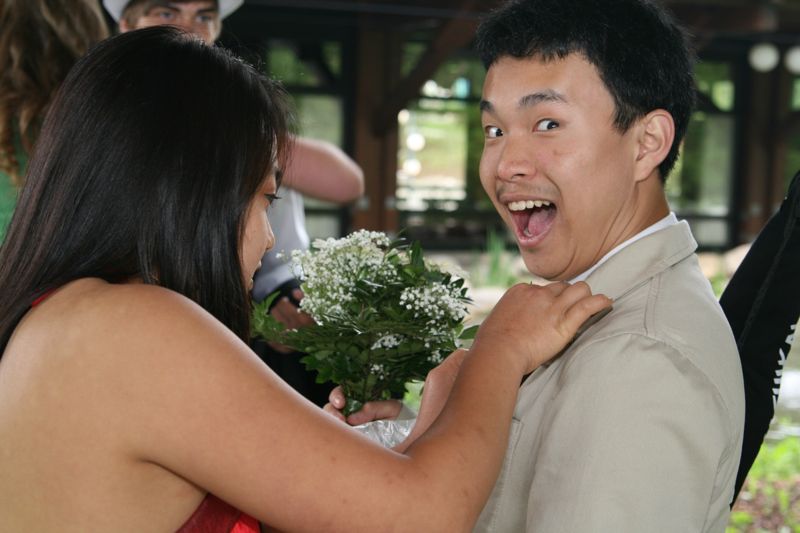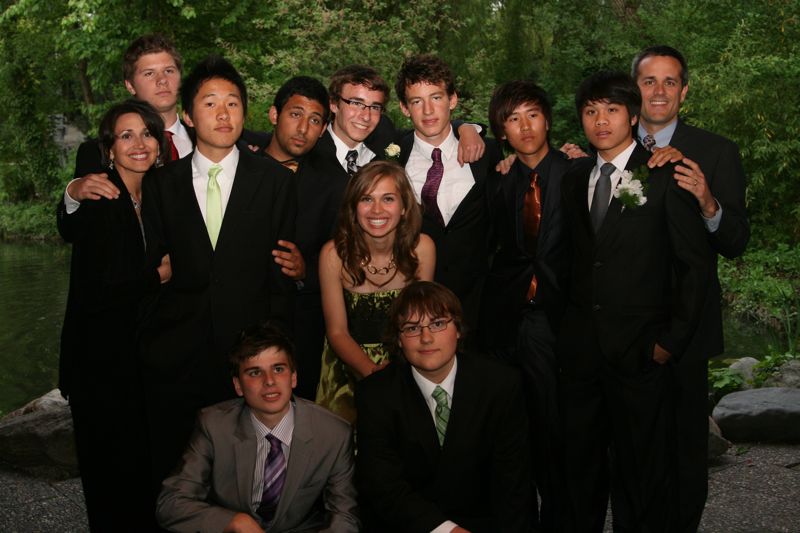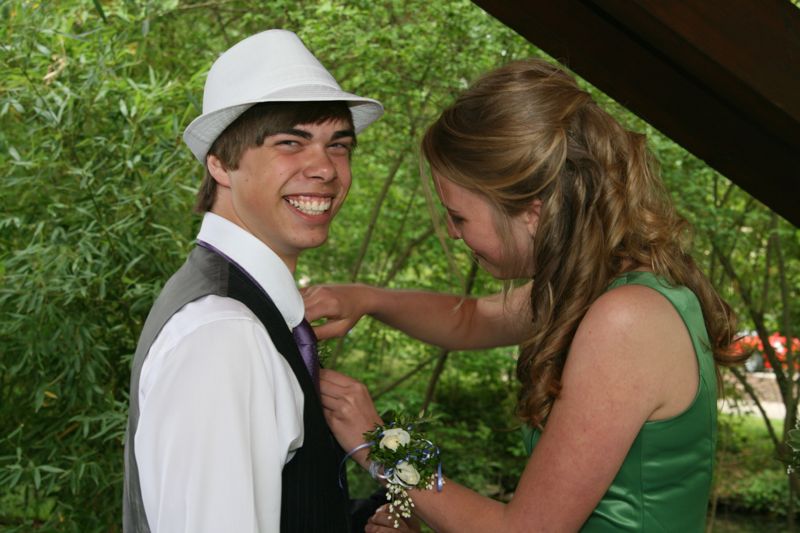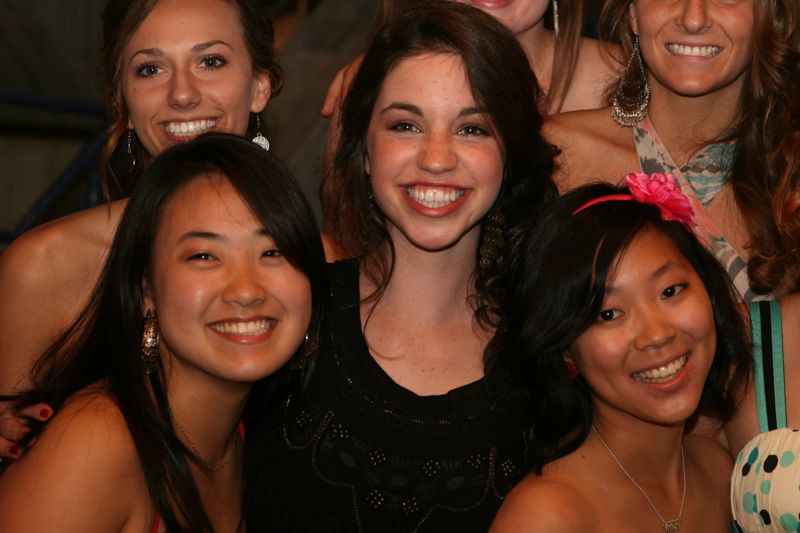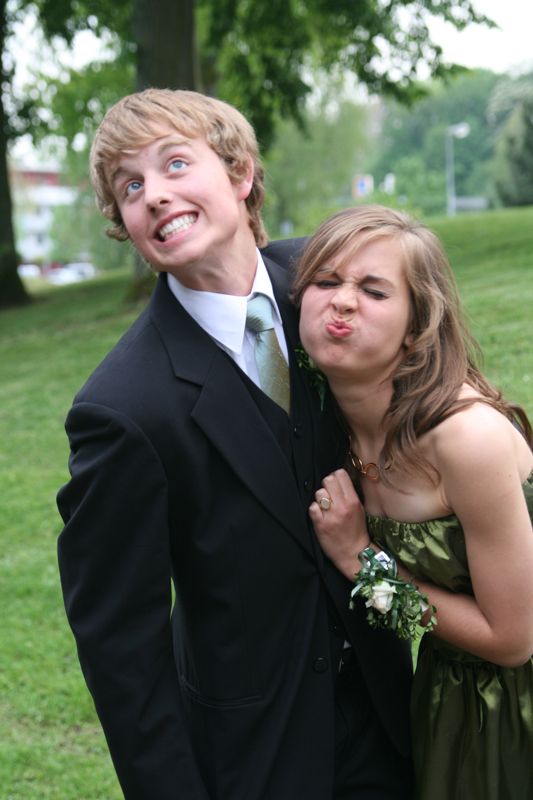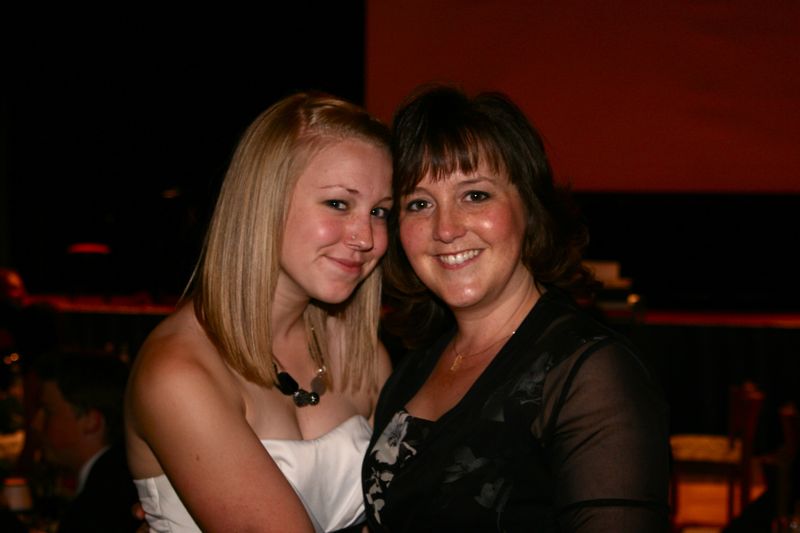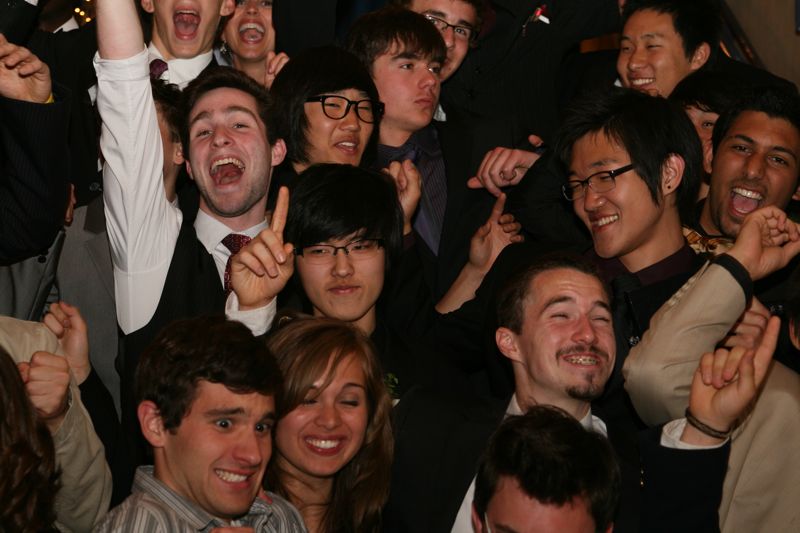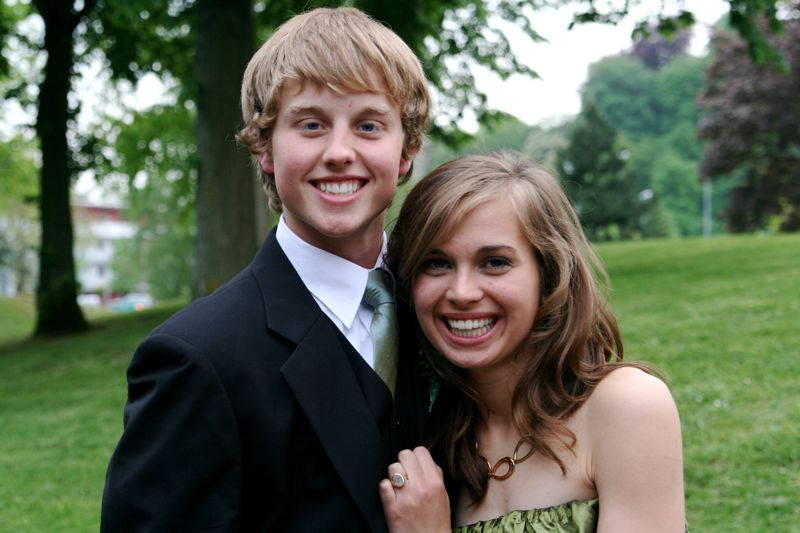[Most photos taken at BFA’s Junior-Senior Banquet yesterday…more at the end of the post.]
I’m convinced that our lives contain at least one pivotal moment when duress forces a choice. When God is in those moments (in our perception and reaction to those moments), they can be life-altering and mission-forming. For Wess Stafford, president of Compassion International, that turning point came in a boarding school in Africa, when, at age 10, he was forced to hold a candle burning at both ends until his fingers blistered and burned—a cruel object lesson to his classmates about serving God and the devil. (To read his article, please click here)
Wess Stafford told that story in person when he was speaking at BFA’s ICEC conference earlier this spring. He said, “I received my calling, my purpose, and my life’s mission in my darkest and most painful moment.” And I thought—probably out loud to my neighbor—that those moments don’t always mark a turn toward passion-driven good-doing. In some instances, they spell the beginning of a lifetime of residual and self-perpetuating pain. It’s to prevent that spiral into hopelessness in the students I love that I’ve spent 19 years at BFA, pouring over their pasts in the hope of building a future where healing and wholeness can exist.
Looking back, I can see a handful of watershed episodes in my life, when my passion to reach the abused and neglected was born. If you’re a regular reader, you’ve seen hints of them in this blog—the abuse at the hands of strangers and friends, the neglect, the paralyzing loneliness and sense of worthlessness. I won’t go into the potentially life-hobbling episodes today (I know my survival and sanity are miraculous), but will focus instead on one marking moment. As I was sorting through the piles of junk that have accumulated in my storage room for seventeen years, I came upon a box marked “Archives.” And in that box, I found a couple of pages torn from a notebook, covered in my 14-year old handwriting and dated September 8, 1981—the day my parents dropped me off at BFA for the first time and made the long drive back to their now-empty home.
“It is 5:46 pm and I’m sitting in my new room. Mom and dad left a couple minutes ago. I stood at the window and watched the taillights of their car disappear around the corner. And then I didn’t know what to do anymore. I don’t want to go out ad have supper with the others. But I don’t want to stay in my room either, because everything reminds me that I’m stuck here for the next three months. All I want to do is crawl into bed and sleep until Christmas and not come back afterwards because I don’t want to say goodbye again. There’s a rock in my stomach and I’ve been trying to not to cry for a week. Sometimes I want to cry so bad and it hurts so much that it makes me feel like I’m going to throw up. Like now. It hurts to breathe. And I don’t want to go to school tomorrow, and I don’t want to meet new people, and I don’t want anyone to think I’m a baby because I miss home so much. I’m fourteen and missing my parents—it’s embarrassing. And I just want to curl up in a ball and not move.” My final words are what get me every time: “God help me to survive.”
While Wess Stafford found his calling in a small school in Africa, I found mine in a slightly larger school in Germany. When I wrote that journal entry, I was already wounded from too many years in an abusive school system, from the cruelty of tormentors (known and unknown) and by a deep-seated certainty that my future would merely be a crescendo of the trauma I’d already endured. Sadly, until my mid-twenties, it was. That fourteen-year old girl standing at the window and watching her parents’ car disappear around the corner still speaks to me today—and moves me to care more deeply and more effectively for those students who may look like they’ve got it all together, but whose watershed moments might be happening right now. If they’re saying, even subliminally, “God help me to survive,” it is my sacred duty to be part of God’s provision for the MKs whose lives parallel mine, though much has changed since 1981. Do I teach them and discipline them and grade their papers? Yes. But those are merely the platform from which I get to love them, encourage them, exhort them, and nurture them. My life holds other callings than caring for MKs, callings born of survival and retrospective understanding. But this passion—this purpose and life mission—it is the urgent and sometimes overwhelming fruit of that evening in Liel when I was forced to bear up, alone, under intolerable lostness. I wouldn’t wish that year on anyone, but I’m grateful for the purpose it gave Adult-Michele and the chance I get every day to redeem some of that pain by helping others through theirs.
As my year in the US approaches, I remind myself daily that this mission of mine won’t be suspended with graduation on June 10. I’m heading to a land where little is truly known of MKs and other Cross-Cultural Kids. If I can have an impact in even a small way on the folks I meet in churches, conferences and other places in North America, that evening of September 8, 1981, will continue to help others to understand and care for some of the most unique, challenged, blessed and misread people in the world. I’m getting excited–excited about taking the knowledge I’ve accumulated in all these years to new venues and watching God use it to equip us all to better serve His children. PLEASE–if you can think of any way in which I might be able to help you (your church, your missions committee, etc.) to deepen your understanding of cross-cultural kids through personal interaction, speaking or writing, contact me ASAP so we can set it up!
[Pictured below, Emma’s “watershed moment”–her baptism last Sunday. I was honored and moved to be asked to pray a blessing over her while her family, who I love dearly, stood around her.]


